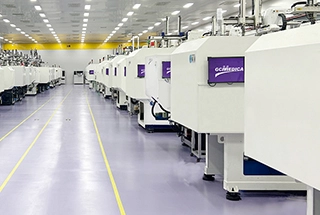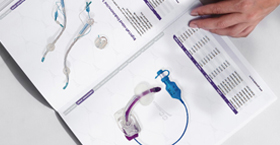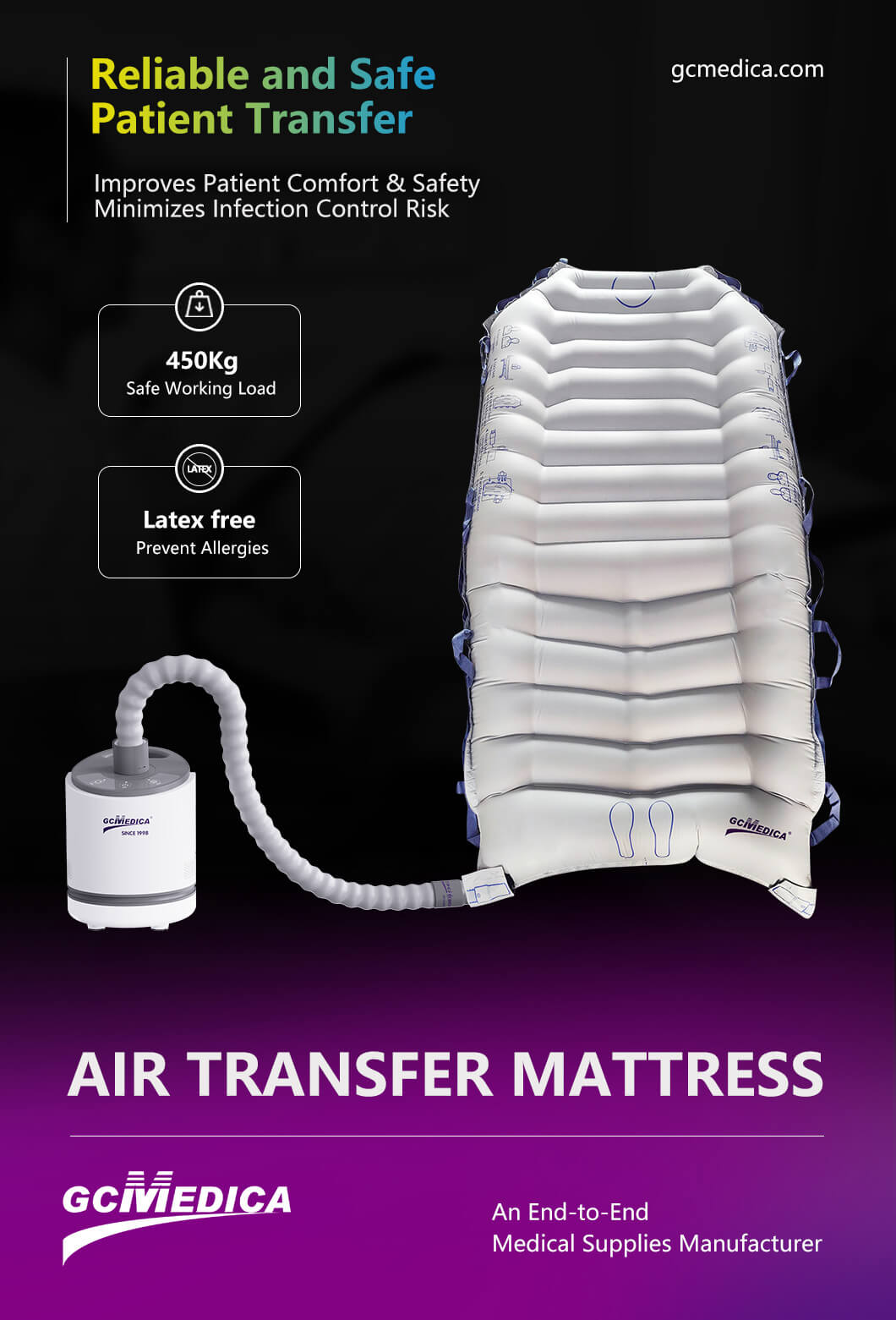Air mattress systems for patient transfer are an innovative solution designed to improve safety, comfort, and efficiency during bedside-to-bed, ward-to-transport, or intra-facility movements. By reducing friction and distributing pressure evenly, these low-air-loss or alternating-pressure pads minimize the risk of skin shearing, pressure ulcers, and caregiver strain. Typically composed of a series of interconnected air cells or bladders, the mattress is inflated to create a thin, fluid-like air film beneath the patient, allowing staff to slide them gently without lifting.
| Air Assisted Lateral Transfer Mattress > |
Key benefits of air mattress transfer systems include:
Pressure Redistribution: Even load distribution guards against localized high-pressure points.
Reduced Manual Handling: Staff can move patients with minimal force, lowering caregiver injury risk.
Enhanced Patient Comfort: Smooth, vibration-free transfer helps calm anxious or painful patients.
Rapid Deployment: Lightweight and foldable designs enable quick setup in emergencies or routine transfers.
There are two main types of transfer air mattresses:
Static Low-Air-Loss Mattresses – Maintain a constant low-pressure environment, ideal for very fragile or critically ill patients.
Alternating-Pressure Mattresses – Cycle air between cells to gently shift pressure zones, further reducing ulcer risk during extended transfers or procedures.
Below is a summary table of common transfer air mattress features and their clinical advantages:
| Feature | Specification / Option | Clinical Advantage |
|---|---|---|
| Air Cell Type | Static or Alternating-Pressure | Customizable support; alternating mode for high-risk skin care |
| Max Patient Weight | 150–250 kg | Accommodates bariatric to pediatric populations |
| Mattress Dimensions | 200 × 80 cm (standard) | Fits most hospital beds and trolleys |
| Inflation Time | 30–60 seconds | Rapid readiness for unplanned transfers |
| Surface Material | Medical-grade PVC or TPU | Easy to clean; antimicrobial options available |
| Portability | Foldable with carry-bag | Facilitates quick deployment across units |
| Power Source | Integrated pump (AC/DC/battery UPS) | Uninterrupted operation in OR, ward, or during transport |
When selecting an air mattress transfer system, healthcare teams should consider the patient’s condition (e.g., mobility, skin integrity), facility logistics (e.g., storage space, power availability), and staff training requirements. Proper inflation pressure, regular maintenance of the pump and valves, and adherence to cleaning protocols are essential to ensure long-term performance and infection control. Incorporating air mattress technology into patient mobility routines not only elevates care quality but also supports occupational health by reducing manual handling injuries among healthcare professionals.

 Français
Français Español
Español Products
Products
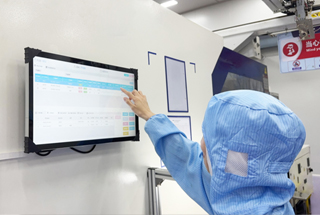
 About Us
About Us




